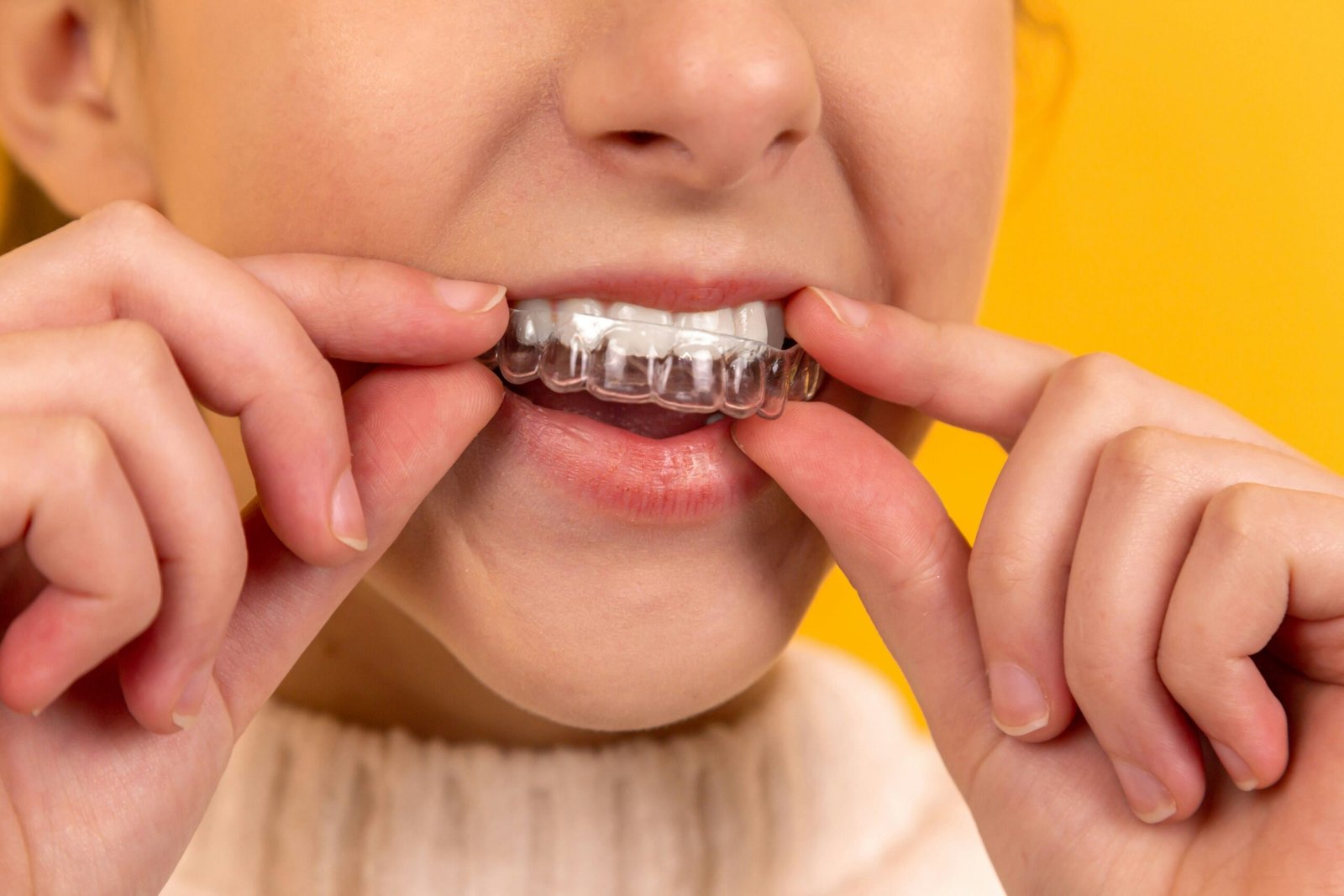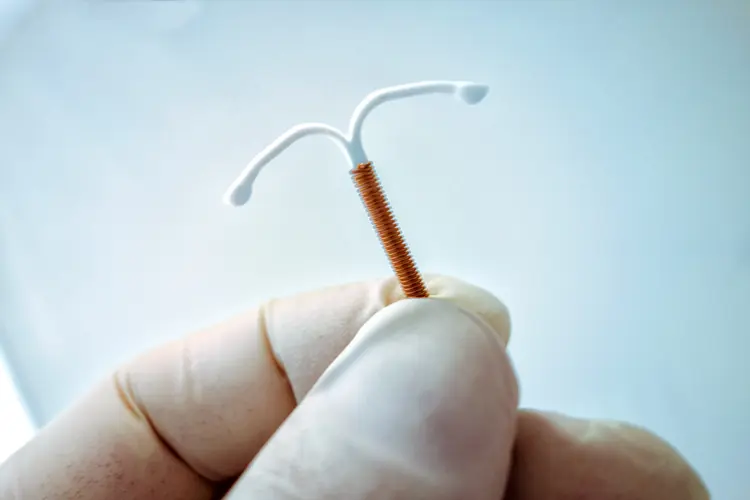Preventive dental habits are the foundation of a lifetime of strong teeth and healthy gums. From daily brushing and flossing to regular dental checkups, these consistent yet straightforward practices help protect against cavities, gum disease, and other oral health issues before they have a chance to develop. By prioritizing prevention, individuals can avoid costly treatments, preserve their natural teeth longer, and maintain a confident smile well into adulthood. More importantly, these habits encourage a proactive approach to overall health, as good oral care is closely linked to heart health, nutrition, and general well-being.
Benefits of Preventive Dental Care
Preventive dental care can protect your smile and overall well-being for a lifetime. Engaging in healthy habits and regular dental care avoids discomfort and tooth decay and is linked to cost savings and improved general health. Simple steps—like diligent brushing and routine checkups—have been shown to help people avoid up to 80% of dental issues. For Utah residents and families who want to prioritize their oral wellness, having dental insurance in Utah makes it even easier to maintain consistent preventive appointments without worrying about high costs.
According to the Centers for Disease Control and Prevention, oral diseases affect everything from how you speak to how you eat and can even impact children’s ability to learn. Addressing oral health before problems develop leads to fewer dental emergencies, reduces the need for invasive procedures, and contributes to greater confidence and quality of life.
Key Habits for Healthy Teeth and Gums
Small, consistent habits are the foundation of a healthy mouth. Brushing your teeth for two minutes twice daily with fluoride toothpaste is essential. Flossing between teeth daily removes debris and bacteria that a toothbrush can’t reach, helping prevent cavities and gum disease. The American Dental Association recommends replacing toothbrushes every three to four months to keep them effective. Adding a mouthwash—especially one recommended by your dentist—can reduce bacteria and help keep your breath fresh.
- Brush all surfaces of your teeth, not just the front, for two minutes each time.
- Use gentle strokes when flossing to avoid gum irritation.
- Replace toothbrushes seasonally or after illnesses.
- Consider using fluoride mouthwash after brushing if your dentist recommends it.
Even simple daily routines can significantly lower the risk of tooth decay and gum disease. Starting these habits early and maintaining them benefits both kids and adults alike.
Role of Nutrition in Oral Health
Dietary choices play a significant role in oral health. Sugary snacks, sodas, and refined carbohydrates promote harmful bacteria that feed on sugar, leading to acids that attack tooth enamel. Replacing these with fresh fruits, vegetables, and calcium-rich foods supports strong teeth and gums. Water, especially when fluoridated, is the best beverage choice for hydration and cavity prevention.
Eating at regular mealtimes rather than frequent snacking helps increase saliva flow, which naturally washes away food and acids. A diet rich in whole grains, lean proteins, and leafy greens contributes to healthy teeth and may reduce your risk for gum disease.
Why Regular Dental Visits Matter
Even those who are diligent about brushing and flossing benefit greatly from routine dental exams and professional cleanings. Dentists use specialized tools and techniques to clean tartar and monitor for early signs of decay or gum disease, which can develop in areas you might miss at home. Regular visits, usually every six months, help detect minor concerns before they become painful or costly problems.
These appointments also provide an opportunity for personalized advice, adjustment of home care routines, and discussion of any new symptoms or changes in your oral health. Early intervention prevents larger issues and contributes to optimal health throughout life.
Starting Good Habits Early in Children
Preventive care habits start at home, and the earlier they become part of your child’s daily routine, the better the outcomes for lifelong oral health. Parents should supervise young children’s brushing and flossing, helping them clean effectively and instilling the importance of consistency. Family routines make it easier for kids to remember daily care and create positive associations with dental visits.
Regular pediatric dental checkups can catch early issues—like cavities or misalignment—allowing for timely intervention. Techniques like dental sealants and fluoride treatments provide extra protection for young teeth, giving children a strong foundation for a healthy adult smile.
Common Dental Care Mistakes to Avoid
Even well-intentioned routines can falter due to common errors. Brushing with excessive force can wear down tooth enamel and damage gums. Skipping brushing before bed allows bacteria to multiply overnight, increasing the risk of decay. Many people overlook their tongue, which harbors bacteria and can contribute to bad breath. Ignoring early signs of gum redness or bleeding can allow gum disease to progress unchecked.
- Avoid overbrushing and use a soft-bristle toothbrush for gentle cleaning.
- Never skip brushing at night, as bacteria flourish while you sleep.
- Incorporate tongue cleaning into your daily routine.
- Report persistent bleeding or gum soreness to your dentist promptly.
Making small adjustments to your technique and routine yields big rewards over time.
Adapting Habits for Every Life Stage
Oral health needs change as you move through life’s different stages. Children require support from caregivers, teenagers with braces must clean more carefully, and older adults may face dry mouth due to medications. Pregnant individuals sometimes experience swollen or sensitive gums. Adapting home care, using appropriate dental products, and maintaining close communication with your dental team ensure that evolving needs are met.
Seniors in particular may benefit from products designed for sensitive teeth and recommendations to manage dryness or address mobility challenges. Life stage-appropriate advice helps preserve comfort, function, and aesthetics at every age.
Finding Resources and Support for Better Dental Health
Access to trustworthy resources simplifies preventive care. Local clinics, school health programs, online education, and professional organizations provide guidance for all ages. Prioritizing preventive dental habits supports well-being, reduces healthcare costs, and promotes healthy smiles from childhood onward. With good routines and professional care, your family can enjoy strong, healthy teeth now and in the future.
- Understanding Reel Movement During An Online Slot Spin - January 27, 2026
- The Benefits of Using a 5G Router for Better Internet - January 20, 2026
- MT4 Bots Explained: How Trading Robots Work on MetaTrader 4 - January 19, 2026




